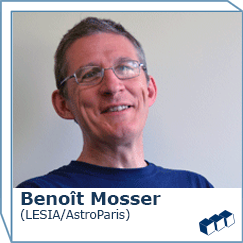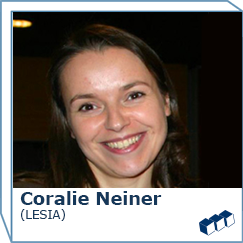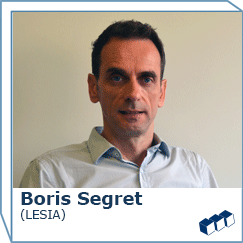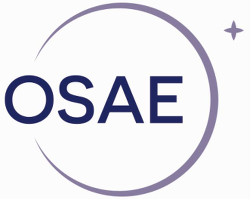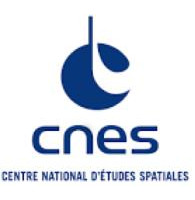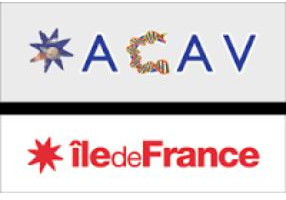In short
CENSUS (French acronym for CEntre for Nanosatellites in Sciences of the UniverSe) is the space campus of the ComUE PSL (Paris Sciences et Lettres). Supported and hosted at the Paris Observatory, an engineering room and other test rooms at Meudon are managed through CENSUS. Projects and technology development are fostered in the promising area of nano-satellites.
Within CENSUS we aim to support the design and realisation of nanosatellite projects, co-piloted by two recognized entities in space research and teaching in system engineering:
- ESEP, Laboratory of Excellence designated "Space Exploration of Planetary Environments" (N°2011-LABX-030), is the promoter, and provides with scientific and technical experts at the space campus.
- The OSAE, or Tools and Systems in Astronomy and Space master, decides on the pedagogical choices, makes the campus work and ensures smooth running of the projects.



